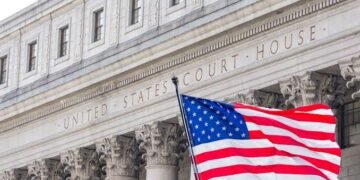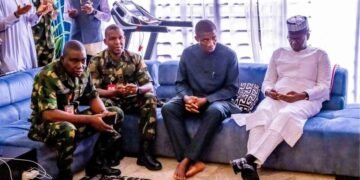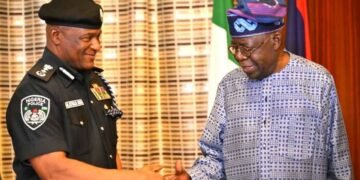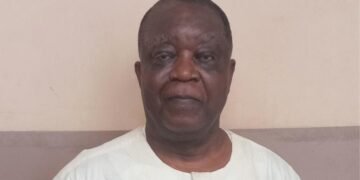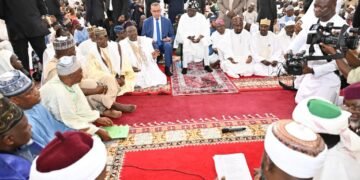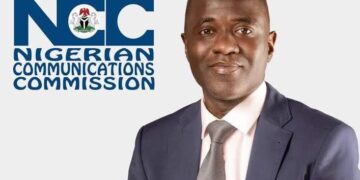It is a game of perception, not reality: The notion that the President has appointed more northerners than southerners into his government has been a popular untruth, that has earned its belief in the hearts of many Nigerians, despite having no corresponding facts to support it. Through propaganda, egged on by those who have sectional interests at heart, and axes to grind with President Buhari, this notion that ordinarily should not receive any honour has found itself as subject of a serious debate.
On the social media, blogs, TV programmes, articles and more recently editorials from newspaper houses – those who should know better – this is the commonplace notion, and the truth, which it sits opposite from, is seen as the fib.
A revision of this notion has been resisted – as is the case whenever truth challenges falsehood. An army of propagandists have sold something that is untrue, divisive and offensive and they have made unsuspecting Nigerians their willing customers.
The average Nigerian, when asked about the balance of appointees of President Buhari would opine that the Northern parts have more appointees than the southern parts — a document shared from the office of the Secretary to the Government of the Federation (SGF), an office tasked with the documentation of the President’s appointees, has disproven this popular myth.
A few days ago, sources from the SGF’s office released a list that showed the southern parts of the country had gotten the most of the share of the President’s appointments: 54.2%, as against the 45.8% of the northern parts. The largest share among the regions was the South-West, which had 33.7% of all the appointments, followed by the North West, with 19.5%, and the North East with 15.3%,and the South South with 12.6%, and the North Central with 11.1%, and the South East with 7.9%.
This has put to rest the ill-conceived and divisive narrative that has been on the rave, nearly since the President, Buhari, assumed office in 2015. A narrative that has unfairly and unfortunately stuck as truth, even though it is not.
The goal of its propagators certainly was not in Nigeria’s interest. They sought to divide Nigerians along ethnic lines, by reinforcing our fault lines, through a self-serving and untrue narrative.
Only recently retired Colonel Dangiwa stirred the hornets nest, writing a preachy letter that accused the President of nepotism – allowing himself to become the latest salesman for this storyline that he had no facts to prove. Could these have been fuelled by self-serving motives? Absolutely, the retired Colonel, like his friends, have no love lust for President Buhari. They have sponsored all manners of narratives against him – all untrue. All aimed at giving President Buhari a bad name. Like they say: “he that hath an ill name is half hanged.” This is what they ultimately seek.
The silence of these conspirators during the Jonathan years, an administration that did not hide its glaring abundance of Southerners, Jonathan’s kins people as appointees, is telling of their motives. That era is renowned for having favoured, unfairly, the southern parts of the country against the north, in terms of appointees. Yet none of these noisemakers raised an eyebrow at the obvious imbalance then.
Rather they have come for President Buhari, one who is far from guilty of the crime they accuse him of.
The likes of Retired Colonel Dangiwa seek to divide the country, create chaos, sow fear, breed disunity and fuel ethnic hatred and consequently violence. They want Nigeria under a Buhari to be divided and war-torn. They will get none of that, most certainly.
At this point in time, Nigerians like Colonel Dangiwa should centre their concerns not on falsehood that seek to divide us along ethnic and regional lines, but on messages that forge a common cause against the enemies of corruption, poverty, and terrorism – the enemies President Buhari is pulling his will and strength to fight. This is what makes them patriots. Fake news does not.
Mohammed T. Abiodun, a writer and collector of historical texts, writes from Abuja.


